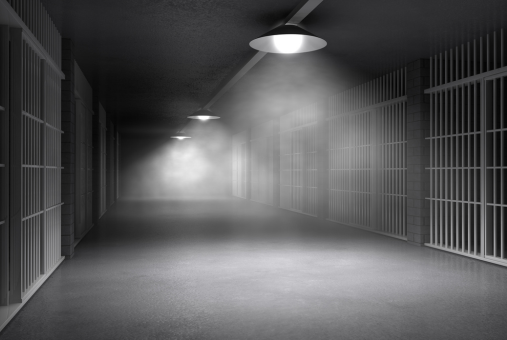
The Committee to Protect Journalists (CPJ) published its annual report on imprisoned journalists around the world. Although no country in Latin America and the Caribbean is on the list of “the worst jailers,” the report highlights three cases in the region and points out that media outlets and journalists there still face threats to carry out their work
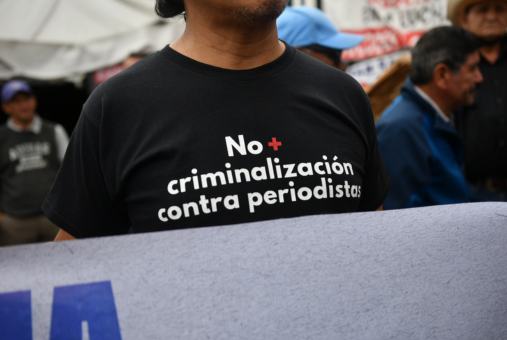
On the occasion of Journalist's Day in Guatemala on Nov. 30, a collective of journalists under NoNosCallarán [We won’t be silenced] spoke out against the attacks they have been exposed to for practicing their profession and held a sit-in against the criminalization of journalists in front of the public prosecutor's office.
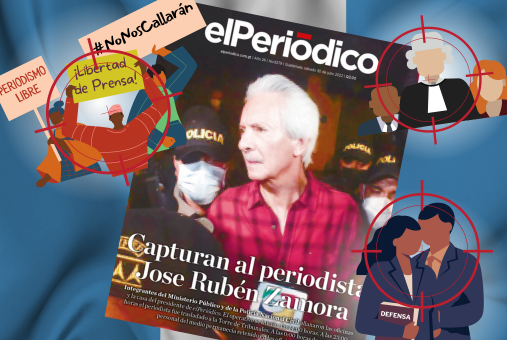
In view of the six-year prison sentence against journalist José Rubén Zamora for the alleged crime of money laundering, international and national organizations voiced their concern for the general situation of journalists in Guatemala, the weakening of its democracy, and for Zamora himself, who has at least two other open court cases against him.
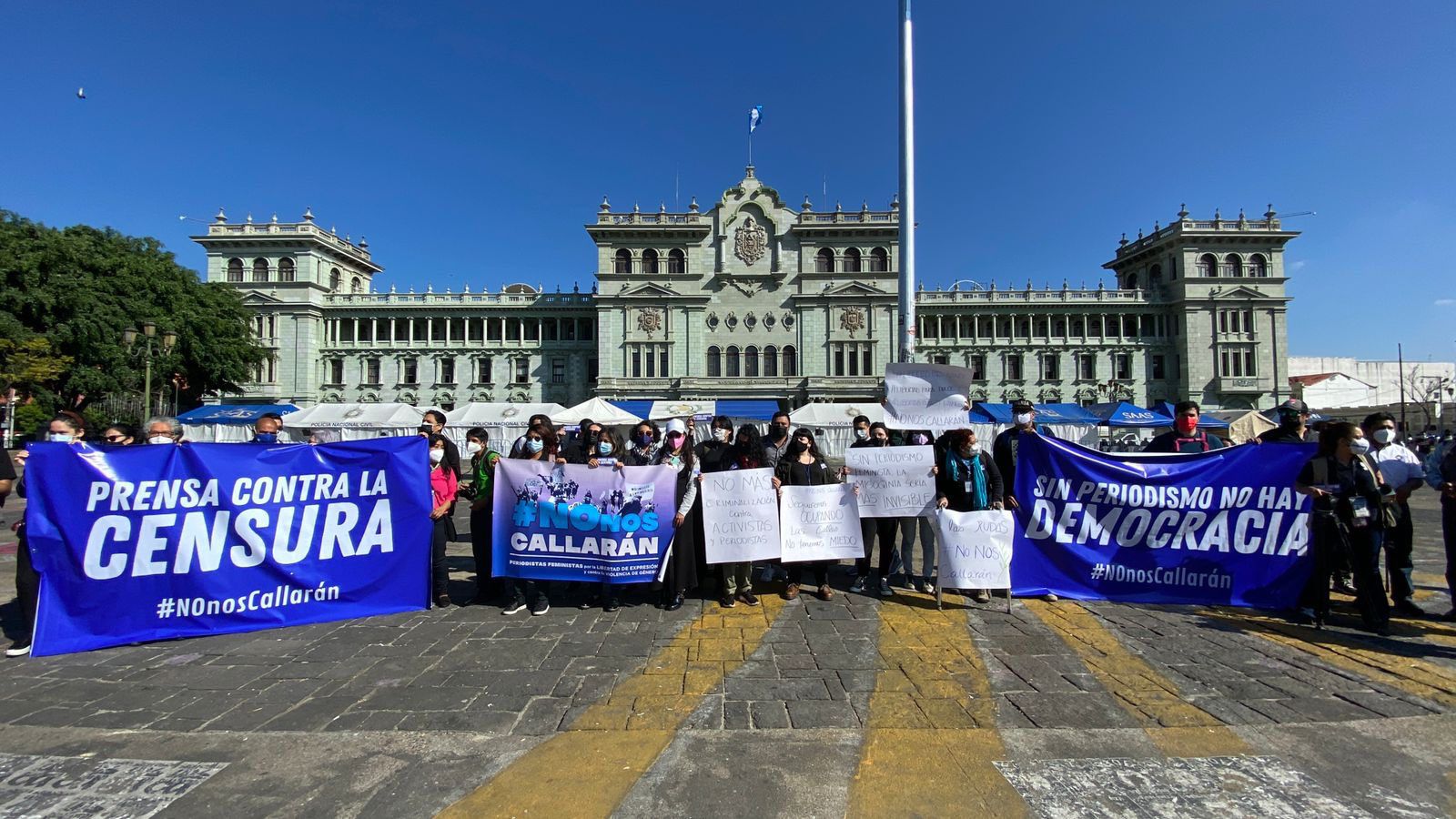
After the arrest of José Rúben Zamora and the closure of elPeriódico — the newspaper he founded and ran —, several news outlets are defying government pressure and working together on investigations and fact-checking in Guatemala. Four journalists tell us how they continue to defend independent journalism in the country.
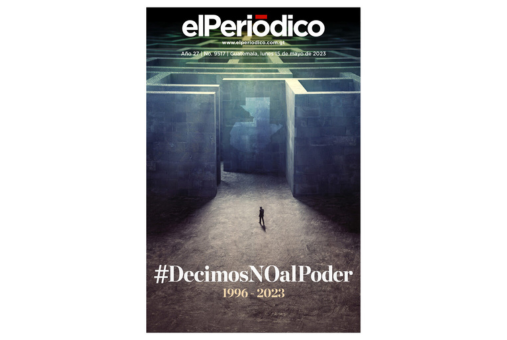
After almost 27 years of life, Guatemalan newspaper elPeriódico announced its closure amid complaints of persecution by the government. Its president and founder has served almost 10 months in prison after being arrested on heavily criticized charges.

The state of journalism around the world is put at stake from government attacks, censorship and war. Seven journalists from seven nations describe the development of modern journalism in their country and provide hope for the future of media worldwide.

The arrest and court case of journalist José Rubén Zamora raises suspicions of a strategy by the Guatemalan government to silence the press and even political opponents in the midst of an electoral campaign flooded with allegations of corruption, according to analyses by journalists and human rights experts.
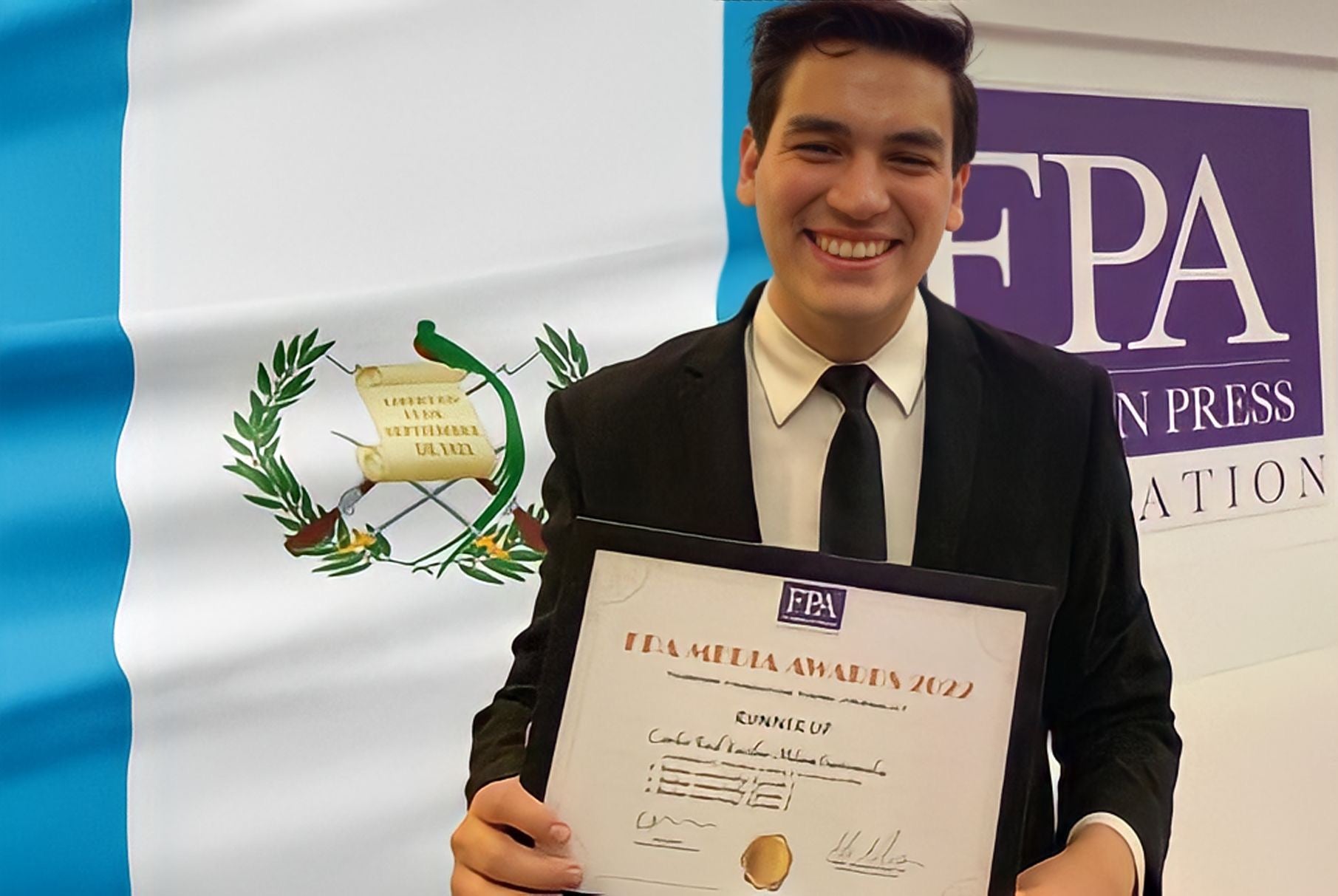
In a year of hostility and opacity towards journalism by the Guatemalan government, Prensa Libre and Guatevisión reporter Carlos Kestler was chosen as a finalist for the Thomson Foundation's Young Journalist of the Year award for his special 'Broken Connectivity.'
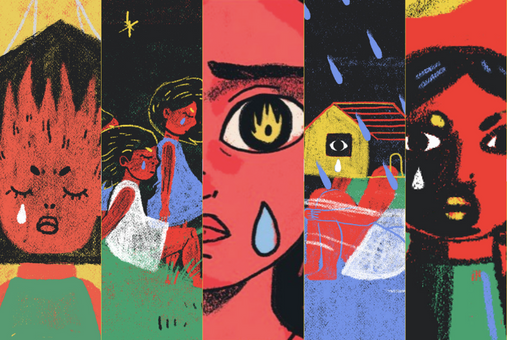
The "No fue el fuego" [It wasn’t the fire] special, winner of the Gabo 2022 Award for Coverage, achieves a harmonious convergence of different formats in a transmedia investigation of a fire in which 41 girls lost their lives in Guatemala.
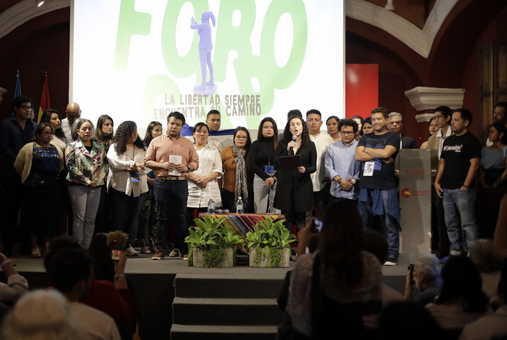
Faced with the recent escalation of attacks on freedoms of the press and expression in Costa Rica, El Salvador, Guatemala, Honduras, and Nicaragua, journalists from these countries have come together to create the Red Centroamericana de Periodistas [Central American Network of Journalists]. Guatemalan Marielos Monzón, one of the Network’s founders, spoke to LatAm Journalism Review (LJR) about the goals and lines of work of this initiative in defense of journalism and the citizens’ right to be informed.
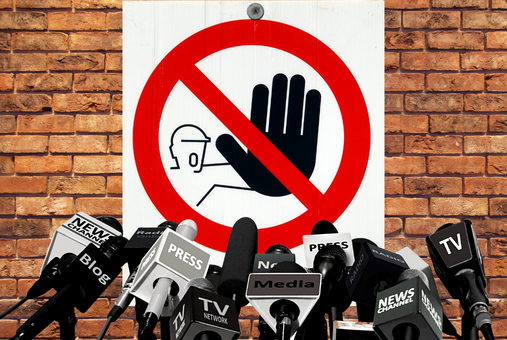
During the LATAM Festival of Digital Media and Journalism, journalists from Cuba, Guatemala, Mexico, and Venezuela shared how they go around the opacity and hostility of their governments. They agreed that the lack of transparency and access to information can cost human lives.
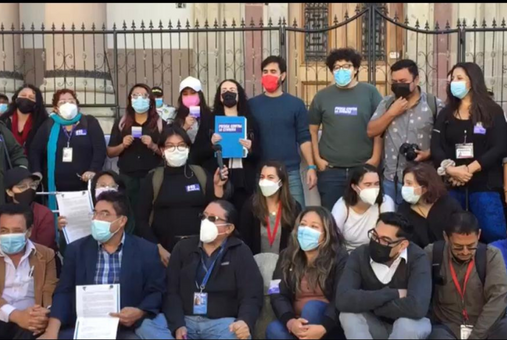
The arrest of José Rubén Zamora, journalist, founder and president of elPeriódico newspaper in Guatemala, has drawn international attention to the worsening of press freedom and the right to information in Guatemala. Journalists interviewed by LatAm Journalism Review (LJR) said that the arrest of one of the best-known names in Guatemalan journalism is a serious development in the escalation of attacks against the press critical of President Alejandro Giammattei's administration.